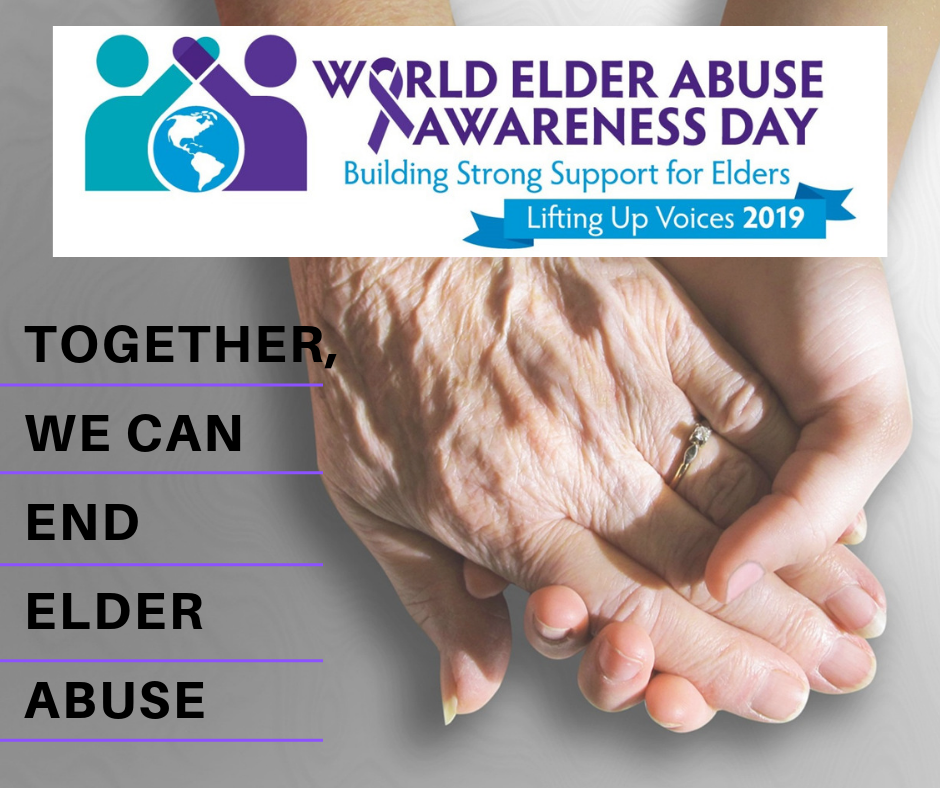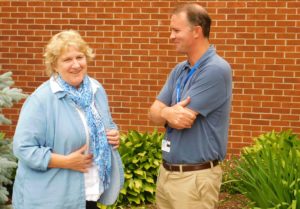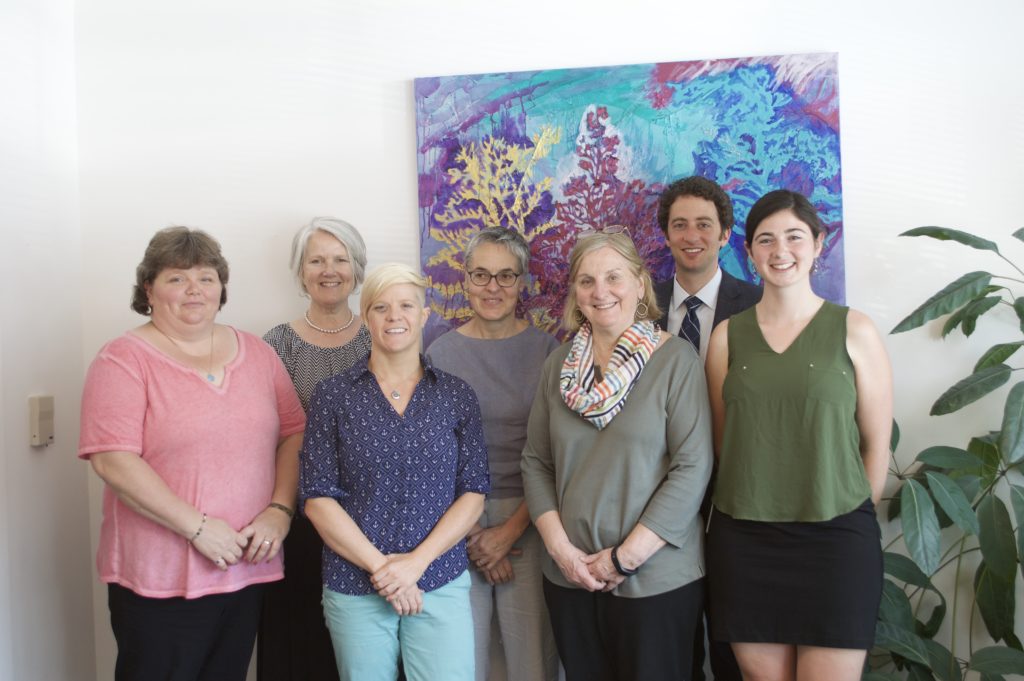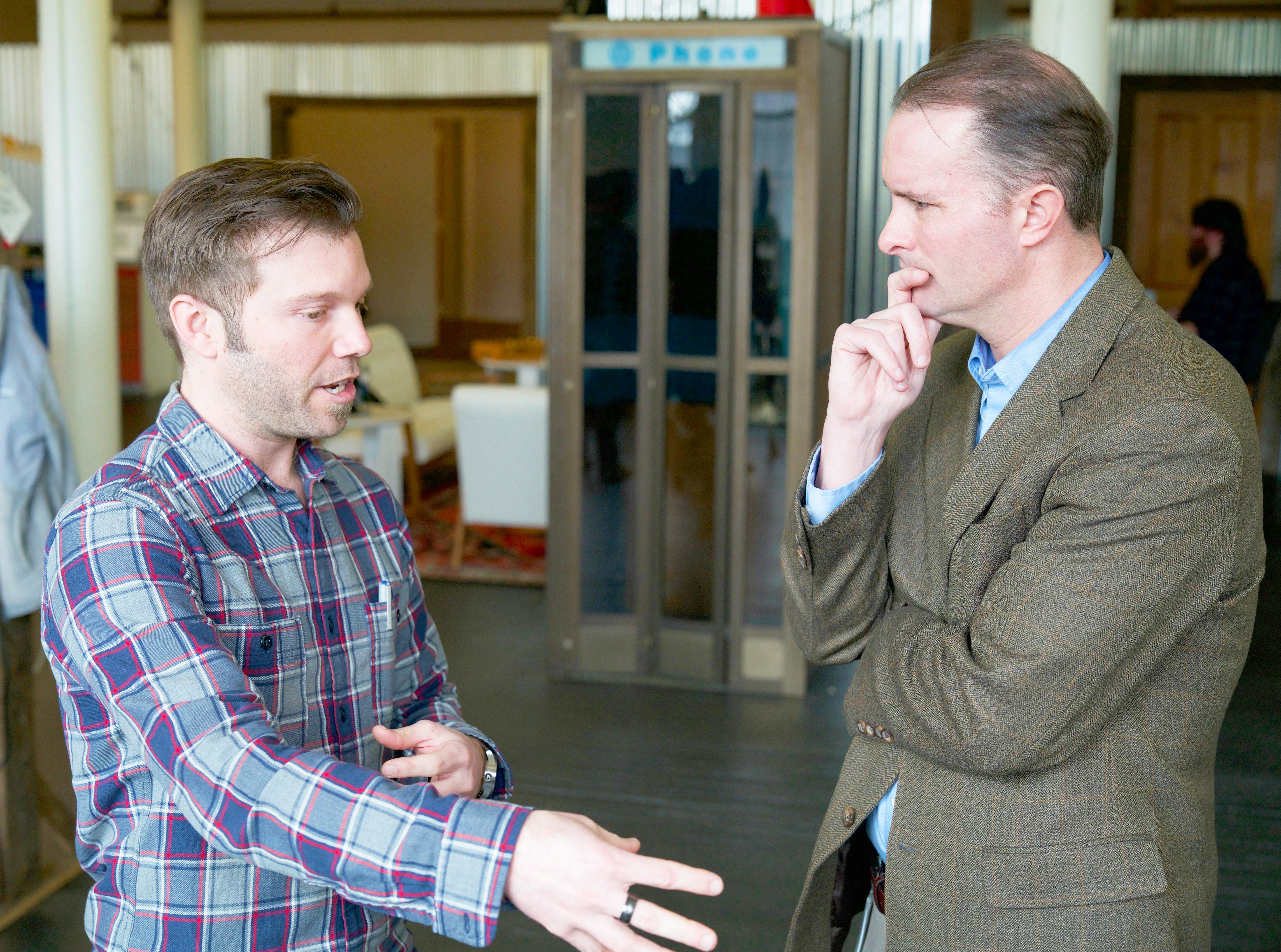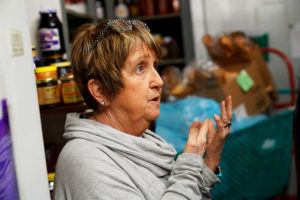“Nationally, of the 60+ age cohort, 1 in 10 adults experience some form of mistreatment each year.”[1] National Center on Elder Abuse
“For every case of reported elder abuse, neglect or exploitation, about 23 instances go unreported.”[2] VT Attorney General’s Office and the Department of Aging and Independent Living
Elder abuse occurs in many forms: physical abuse, sexual abuse, psychological abuse, neglect, abandonment and financial exploitation. Elder abuse can occur in any setting and can be by a person or entity. There could be a preexisting relationship of trust—and in most cases victims know their abuser—or a connection can be new.[1]
Each of us can play an important role in preventing elder abuse. The first step is recognizing and identifying signs of abuse. These steps are outlined by the Attorney General’s Elder Protection Initiative and the Department of Aging and Independent Living in this linked release commemorating World Elder Abuse Awareness Day.
Knowing how to contact the agencies and organizations that can assist is essential to eliminating elder abuse. To simplify the reporting process, the following is a list of resources.
| REPORT | CONTACT |
| Life-threatening situation | 911 |
| Suspected elder abuse, neglect or exploitation, including financial exploitation | Local Police and Adult Protective Services of the Dept. of Aging and Independent Living (800-564-1612), if about a vulnerable adult |
| Abuse of a person living in a nursing home, assisted living facility, or board and care home | Long Term Care Ombudsman of VT Legal Aid (800-889-2047) |
| Concerns regarding licensed health care facilities | Survey and Certification of the Dept.of Aging and Independent Living (888-700-5330) |
| Domestic Violence | VT Network Domestic Violence Hotline (800-228-7395) |
| Sexual Violence | VT Network Sexual Violence Hotline (800-489-7273) |
| Misuse of Social Security Benefits | Social Security Administration Office of the Inspector General (800-772-1213) |
| Medicaid Fraud and Abuse | VT Attorney General’s Medicaid Fraud Unit (802-828-5511) |
| Unauthorized Real Estate Transfers | Vermont Legal Aid (802-775-0021) |
| Broker and Investment Advisor Fraud | Dept. of Financial Regulation: Securities Division (802-828-3420) |
| Bank Fraud | Dept. of Financial Regulation: Banking Division (888-568-4547) |
| Insurance Agent, Adjuster, or Carrier Fraud | Dept. of Financial Regulation: Insurance Division (800-964-1784) |
| Scams and Identity Theft and Consumer Fraud | VT Attorney General’s Consumer Assistance Program (800-649-2424) |
If you are still not sure who to contact, call United Ways of Vermont 2-1-1 information and referral hotline (dial 211 or 802-652-4636). They are a great resource, connecting Vermonters to organizations and agencies. They have committed to enhancing their referral work specifically for calls related to elder abuse and exploitation.
We can all commit to ending elder abuse by serving those in our communities that may be preyed upon. Here, at the Consumer Assistance Program, to help prevent financial exploitation in scams, we distribute scam alerts and encourage recipients to share the information with friends, neighbors and loved ones. Anyone can sign up by calling us at 800-649-2424, or by visiting our website ago.vermont.gov/cap/stopping-scams. The Elder Protection Initiative has even more information on how you can help on the Get Involved page.
More Resources:
WEAAD: World Elder Abuse Awareness Day
Facts: Fact Sheet World Elder Abuse Day
Videos: Strengthening the Structure of Justice to Prevent Elder Abuse by the NCEA
Elder Abuse-Learn the signs and break the silence
Contributing Writer: Crystal Baldwin
References:
[1] National Center on Elder Abuse (NCEA)
[2] DAIL and AG Commemorate World Elder Abuse Awareness Day

